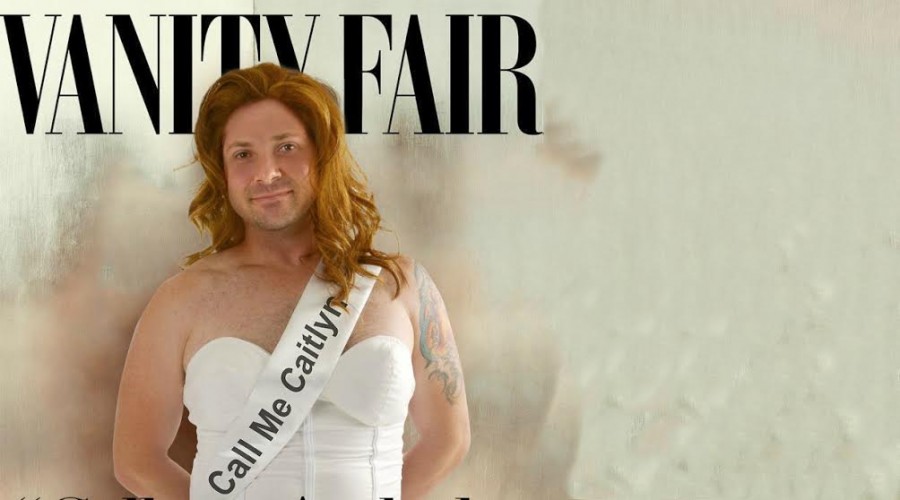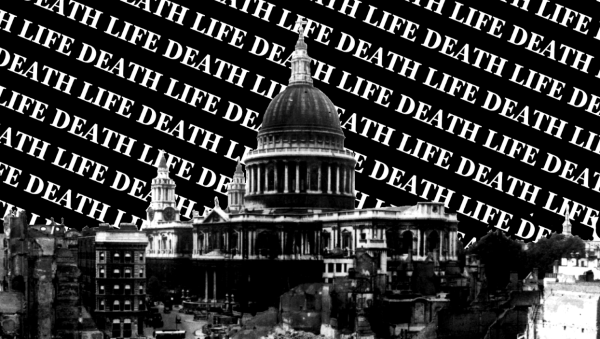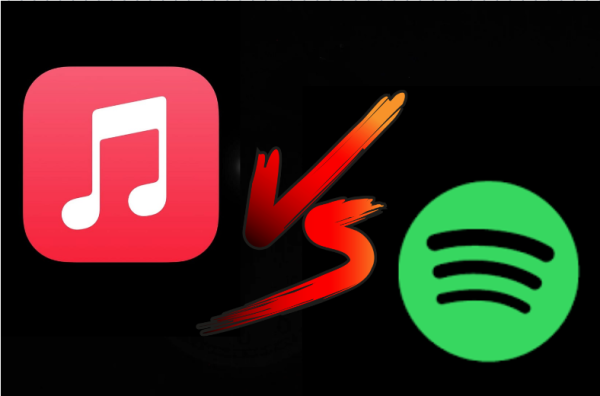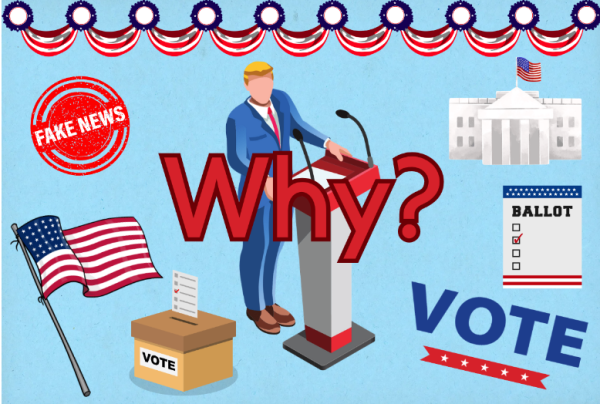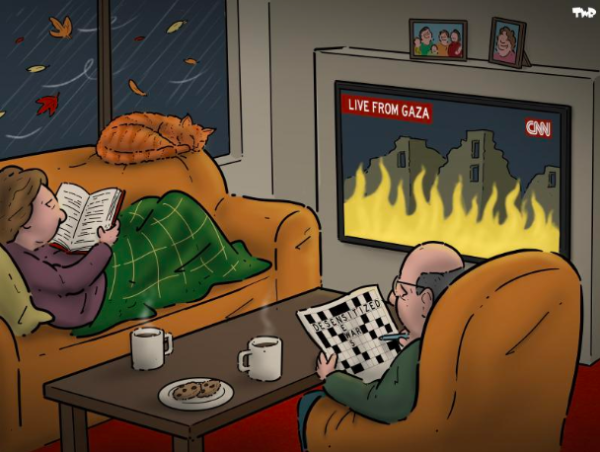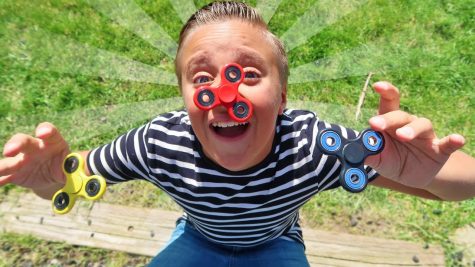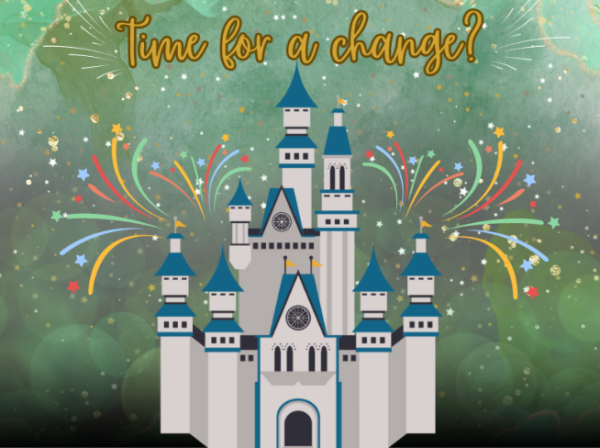The “Call Me Caitlyn” costume mocks transgender community
Halloween is a holiday that allows people of all ages to transform into any persona they desire. Superheroes, witches and others will fill the streets on Oct. 31, but for most, the wish to be someone else is only temporary. For transgender persons, however, the longing to be in a different body is constant. Thousands of people facing gender misidentification struggle to embrace their identity long after October. This Halloween, transgender spokesperson Caitlyn Jenner has been mocked by costume retailers. The “Call Me Caitlyn” costume not only undermines Jenner’s courage, but also ridicules the entire transgender community. Additionally, Jenner is depicted in a humorous way through this stereotypical portrayal. Finally, the costume supports incorrect assumptions about how transgender individuals view their identities.
“Caitlyn Jenner inspires Americans to be true to themselves,” said junior Nicky Kriegel. “The costume not only insults Jenner’s bravery, but also mocks the entire transgender community.”
The costume features Jenner as she appeared on the June edition of Vanity Fair. Over the past year, Jenner has become a model and spokeswoman for the entire Lesbian Gay Bisexual Transgender Queer/Questioning population. However, since the initial release of the magazine, Jenner has faced widespread transphobia. Moreover, various Halloween costume chains have released their own versions of the costume, all equally offensive. Stores such as Spirit Halloween and wholesalecostumes.com place their “Call Me Caitlyn” costume in the “humor” category. By doing so, they portray Jenner as a comical figure rather than a courageous one.
While support for the transgender community continues to grow, stereotyping through costumes like this encourages prejudice. According to the National LGBTQ Task Force, the transgender community still faces significant obstacles compared to typical Americans in terms of employment, education, healthcare and housing. In fact, they are twice as likely to be unemployed and four times as likely to live in extreme poverty.
The costume additionally supports the notion that gender identity is solely based on appearance. Contrary to popular belief, gender misidentification is not only a physical issue. Every day, pre-transition transgender people must deal with the mental and emotional struggle of not being comfortable in their own skin.
Despite intense criticism of the “Call me Caitlyn” costume, most retailers have no intention of removing the costume from their stores. The executives behind Spirit Halloween fail to see their offensive mistake and instead insist that the costume reflects Jenner as a public figure. Retailers’ naiveté and misjudgment further supports the notion that transgender people are misunderstood in society. The “Call Me Caitlyn” costume condescends the support that the transgender community has worked so hard to gain, and support of this costume also encourages the mockery and scorn of the transgender community.
Your donation will support the student journalists of Calabasas High School. Your contribution will allow us to purchase equipment and cover our annual website hosting costs.


